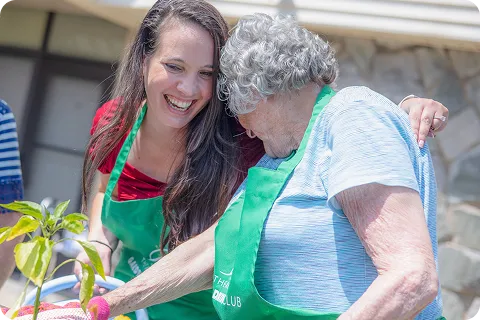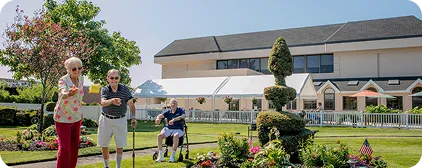(631) 778-7747
What You Need to Know About Senior Nutrition
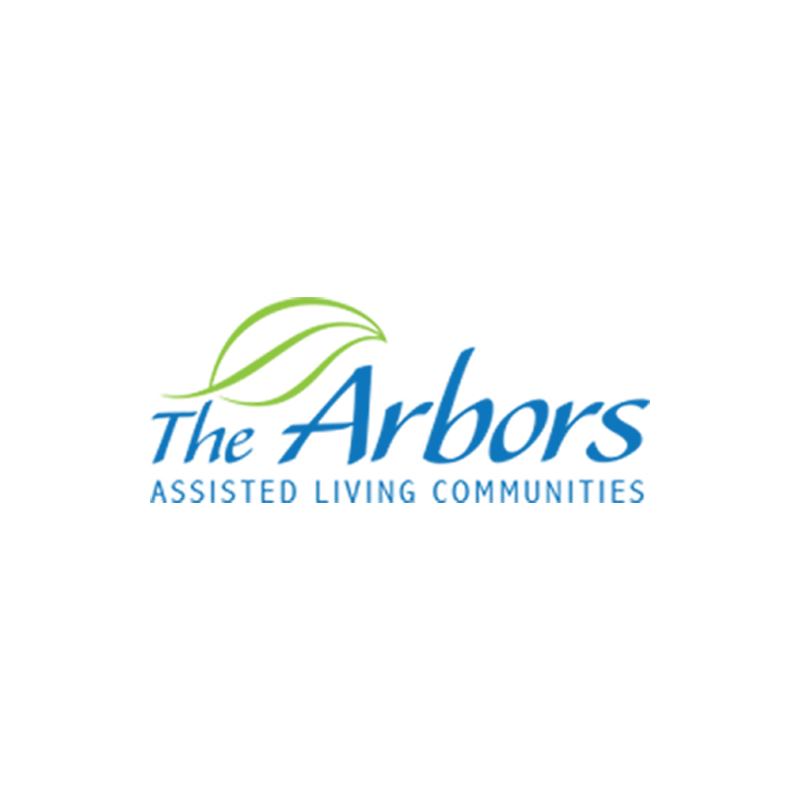
What You Need to Know About Senior Nutrition
March 2, 2018
Nutrition can be a major concern for seniors and those who love them. Seniors who weigh about the right amount often find that they have fewer problems with blood sugar, cholesterol, and blood pressure. There are many tips that older adults may want to think about incorporating into their daily lifestyle.
Nutritional Requirements
Many seniors find it easier to grab junk food than to eat a well-balanced diet. Older adults need to fill 50 percent of their plate with fruits and vegetables, 25 percent with a starch or grain and 25 percent with a lean protein. Seniors should consider their body mass index to find out if they need to gain or lose weight. Those who use a wheelchair often find that they need to reduce their caloric intake because they are burning fewer calories each day. Research suggests that those who have pressure sores need to increase their protein intake slightly daily.
Texture
Seniors may discover that they find it more difficult to swallow because of dysphagia. Therefore, they should consider using thickened liquids along with eating pureed or minced foods. Almost any food can be modified in this way allowing the senior to still their favorites. If a senior finds that they tire easily, then they may want to switch to eating five or six small meals throughout the day. Eating foods that are different colors makes meals more interesting and helps to ensure that the senior is getting the vitamins and minerals that they need.
Supplemental Nutrition
Many seniors can benefit from supplemental nutrition. If someone finds it difficult to consume enough calories, then supplemental shakes may help. Older adults who find it difficult to get enough protein or vegetables in their diet may want to experiment with smoothies, milkshakes, infused waters and other choices. These often pack a powerful nutritional punch while helping ensure that the older adult gets enough water so that they do not become dehydrated.
Recent News
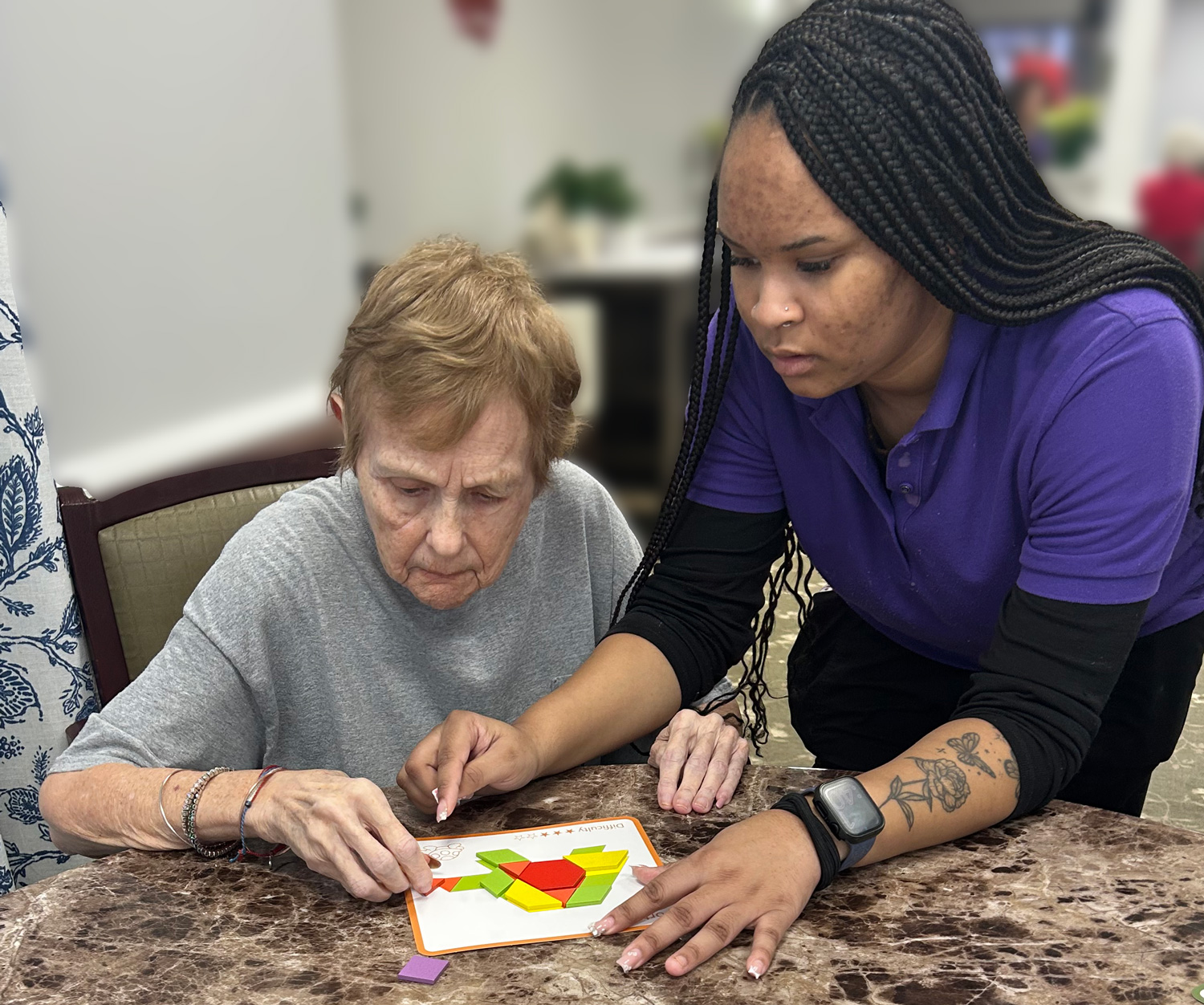
The Power of Touch
February 9, 2026

Winter Readiness for Caregivers: Do You Have a Plan?
January 6, 2026

Important Topics to Discuss With Local Assisted Living Centers
November 10, 2025

When It’s Time: Helping Your Parents Accept the Need for Assisted Living
October 15, 2025

How to Encourage an Aging Parent to Shower When They Refuse
July 2, 2025
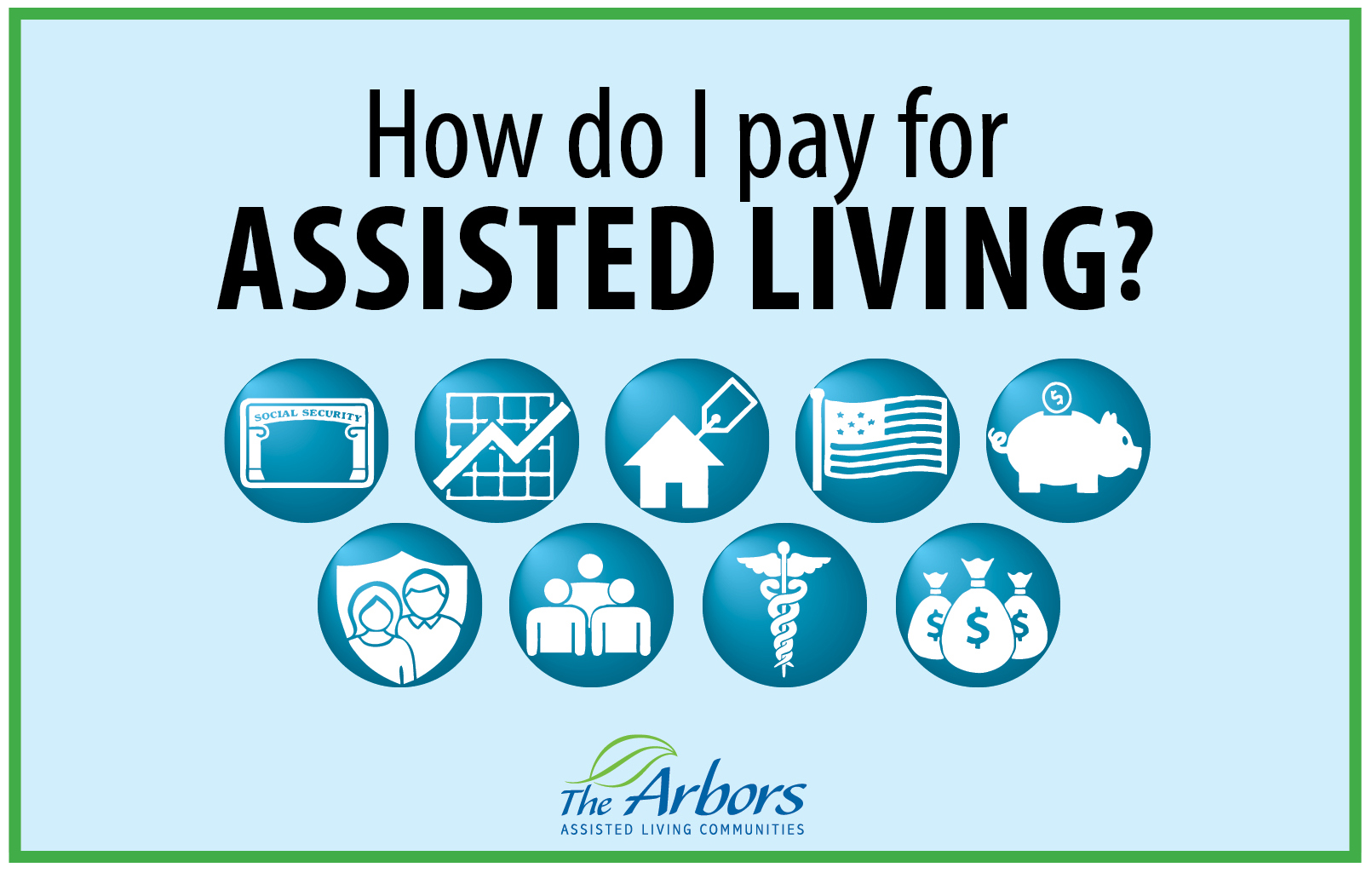
How Do I Pay for Assisted Living
June 6, 2025
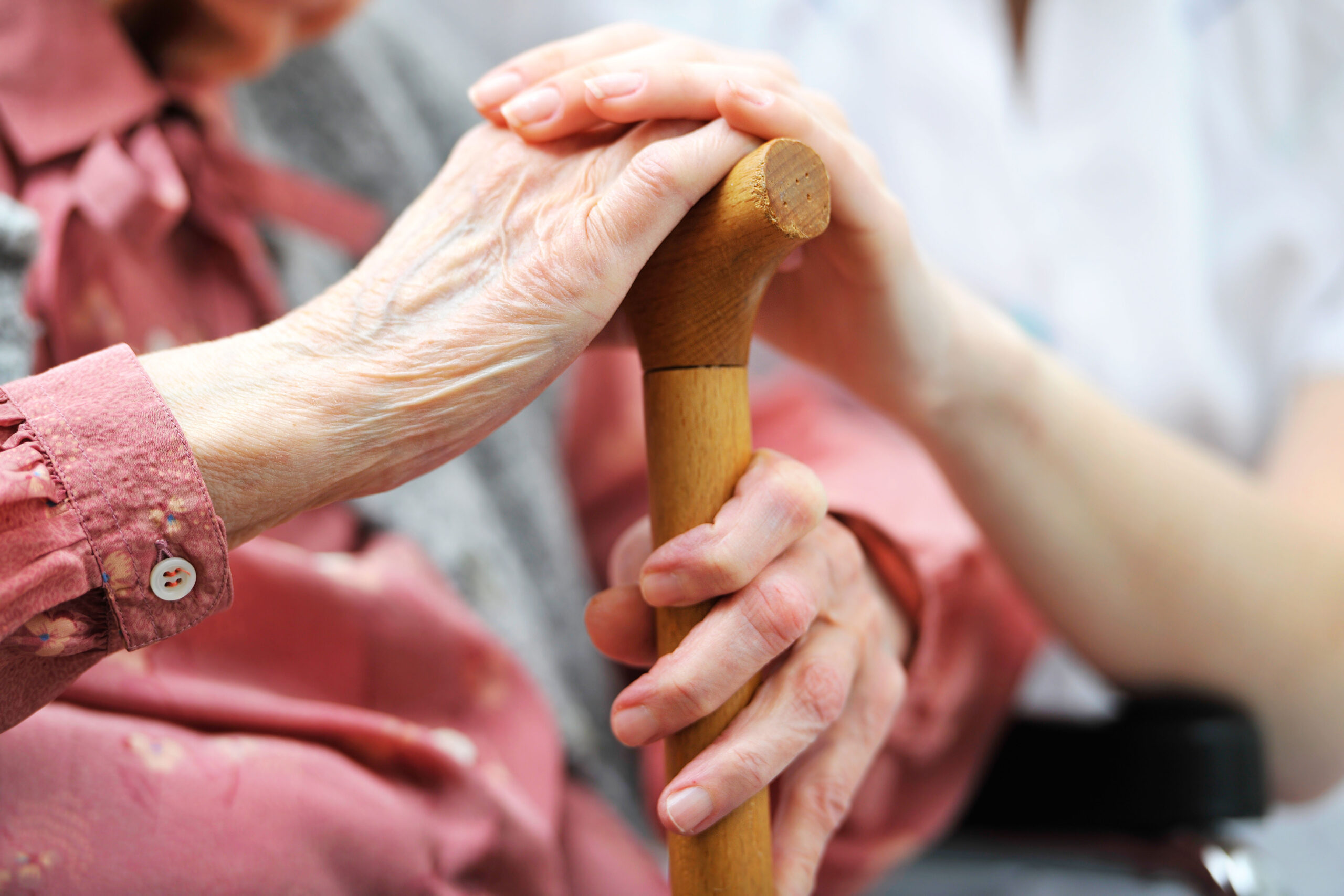
3 Signs You Should Consider Assisted Living
May 15, 2025
GET IN TOUCH
Let’s Talk About Making The Arbors Your Home
REQUEST A VISIT
Schedule a Tour of our Long Island Assisted Living Communities



